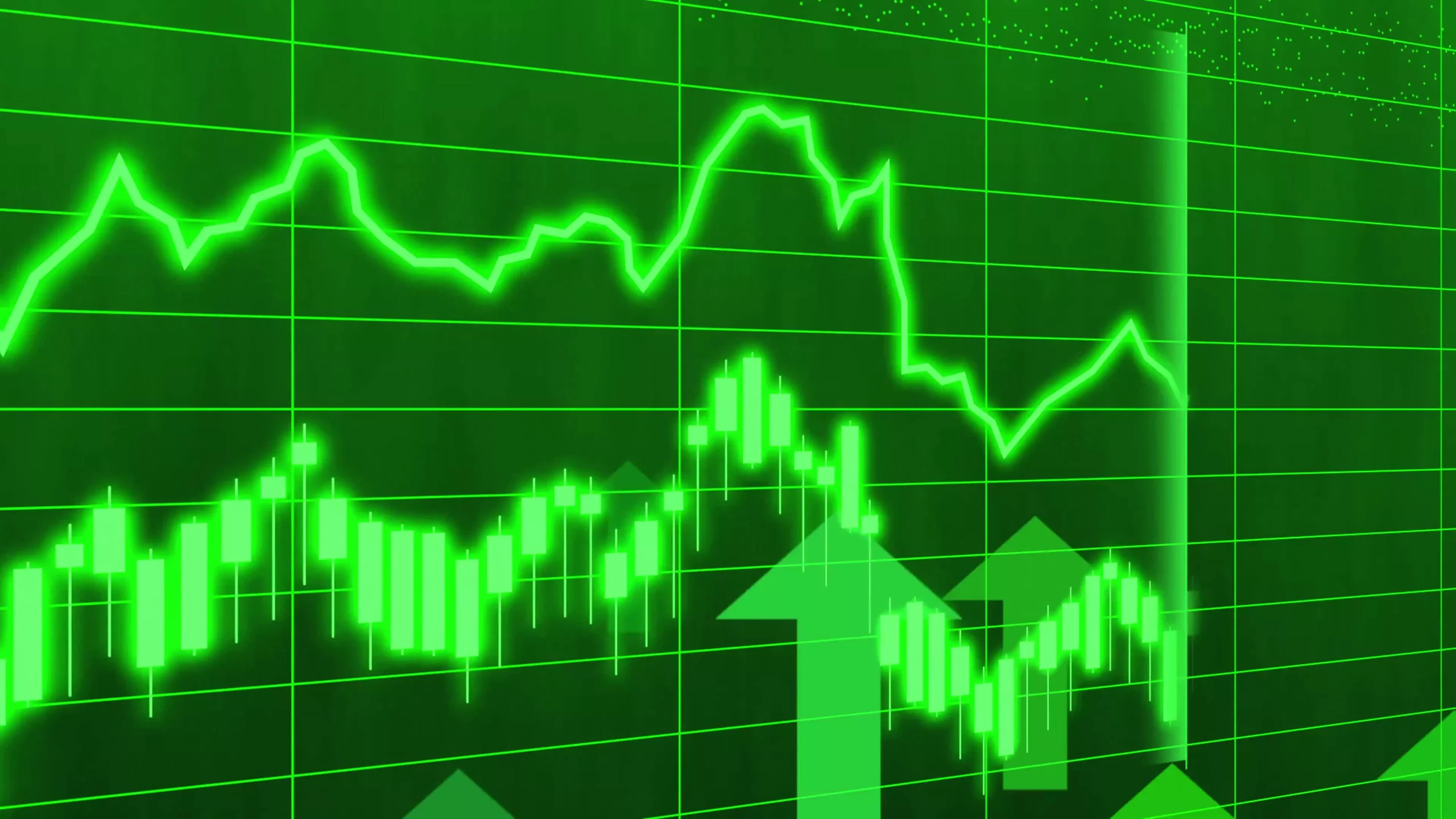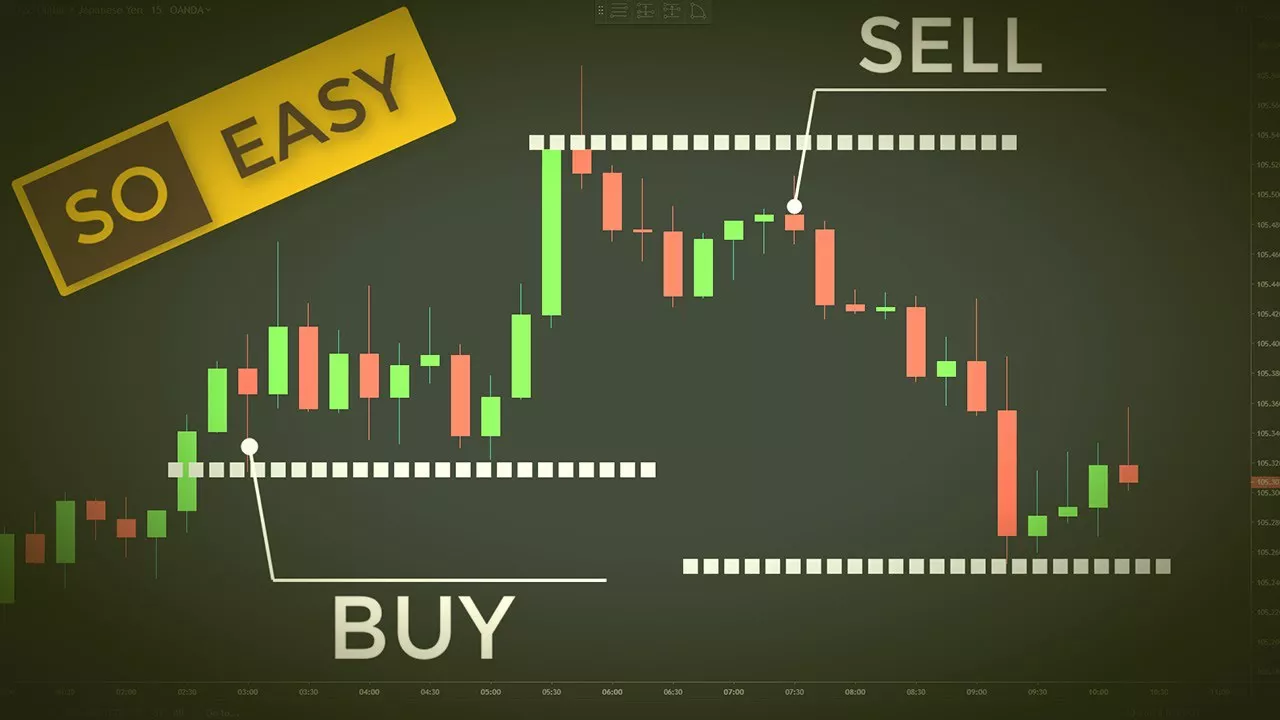Chinese stocks in Hong Kong fell after a key legislative meeting failed to meet investors’ expectations. Many had hoped for significant stimulus measures to revive domestic demand and combat deflation, but the announcement was underwhelming.
The Hang Seng China Enterprises Index (^HSCE) dropped as much as 2.9%, before recovering slightly. Property and consumer stocks were among the hardest hit. The CSI 300 Index also experienced volatility, briefly dropping by 1.4% before closing 0.7% higher. Chinese property shares, tracked by Bloomberg Intelligence, briefly plunged over 6%.
Disappointment After Stimulus Announcement
Investors had been anticipating a more aggressive fiscal response from Beijing, but the latest stimulus package lacked the sweeping measures they expected. While the package helped ease some local government debt, it did not offer the broad fiscal support many had hoped for, leaving some feeling disappointed.
The mixed market reaction followed Beijing’s stimulus release, especially as global economic uncertainty has increased due to Donald Trump’s victory in the U.S. election. Trump’s election raises concerns about higher tariffs on China, adding further pressure on the country’s economy.
Weaker Economic Data Fuels Concerns
Recent economic data has also raised alarms. Consumer price inflation remained near zero, and factory-gate prices continued to decline. As a result, UBS revised its growth forecast for China, predicting the economy will expand by just 4% in 2025, with growth slowing even further in 2026.
Nomura analysts noted that the lack of more aggressive fiscal measures, such as bank recapitalization or increased consumption incentives, could be disappointing for stock investors. The market had hoped for stronger action, especially in light of the debt-swap numbers that initially appeared promising.
Foreign Investment Decline
Foreign investment in China has also been on the decline, signaling growing pessimism about the country’s economic outlook. Foreign direct investment fell nearly $13 billion in the first nine months of the year, despite Beijing’s efforts to stabilize growth through stimulus measures.
Some analysts believe China may be holding back policy actions in preparation for a potential trade war with the U.S. After Trump’s victory, the U.S. president-elect has threatened tariffs as high as 60% on Chinese goods. This uncertainty has led Chinese officials to take a cautious approach, as they anticipate a tougher trade environment once Trump takes office.
Looking Ahead: Potential for More Policy Support
Despite the market’s immediate disappointment, there are signs that Beijing may take more decisive action in the future. At a briefing following the National People’s Congress Standing Committee meeting, China’s Finance Minister Lan Fo’an promised stronger fiscal policy in the coming year.
Derek Tay, head of investments at Kamet Capital Partners, said that while the initial market reaction was negative, it highlighted the urgency of addressing the country’s sluggish economy and the looming threat of new tariffs. He remains optimistic, noting that the dip in the market may offer value for long-term investors.
China’s State Council has also pledged to ramp up financial support for industries to stabilize foreign trade growth. Further policy changes may be expected as China’s annual Central Economic Work Conference approaches in December. This conference will set the economic policy agenda for the year ahead, including GDP growth targets, fiscal deficit goals, and inflation projections.
“I think they may be waiting for the Trump administration to take shape before committing to more aggressive policy measures,” said Andy Maynard, Managing Director at China Renaissance Securities.
Related topics:





























